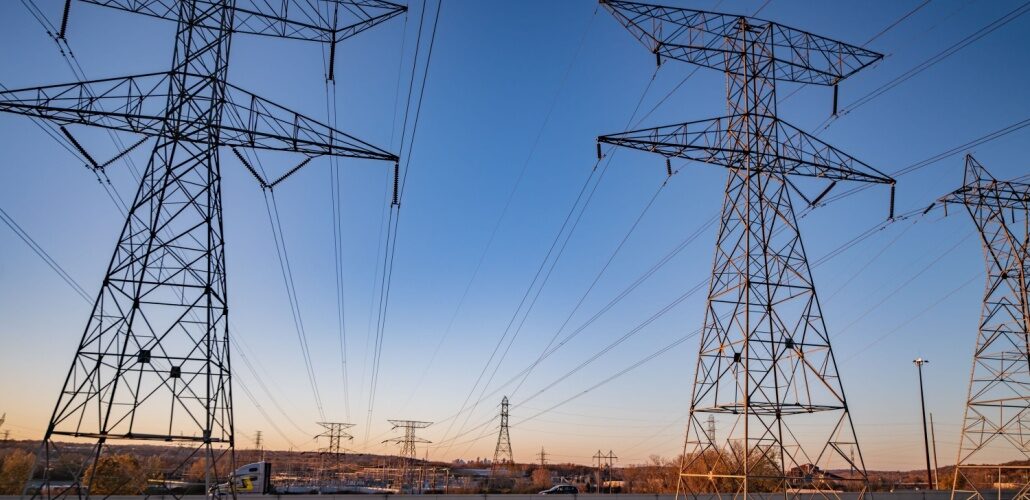$940 M Minnesota Power upgrade approved
State regulators have given key permits for Minnesota Power’s planned upgrade of a transmission line between North Dakota and Minnesota.

Image for illustration purposes.
USA, Minnesota: State regulators have given key permits for Minnesota Power’s planned upgrade of a transmission line between North Dakota and Hermantown, MN. The Minnesota Public Utilities Commission has granted a certificate of need and route permit to the utility’s planned modernization of an existing 465-mile HVDC line, originally built in 1977.
Construction on the project, to cost up to $940 million, might start this year, with upgrades becoming operational between 2028 and 2030. The utility acquired the line in 2009 to carry over 500 MW of wind energy. The upgrade will boost capacity to 900 MW with the ability to add more. The system will move energy to flow in either direction as needed.
The route will remain the same, with most upgrades such as HVDC converter stations and interconnection facilities located at the Square Butte East Substation in Center, ND, and the Arrowhead Substation in Hermantown. Less than a mile of new line will be added at each substation.
Josh Skelton, Minnesota Power’s COO, commented that the modernization would support the company’s transition to clean energy. More than half of the utility’s energy comes from renewables, and a law passed last year requires 100% of the state’s energy to come from carbon-free sources by 2040.
“Grid reliability and resiliency are critical as we continue to add more carbon-free energy to our energy supply, and we experience more extreme weather. This investment to strengthen transmission and replace aging infrastructure is another integral step in our EnergyForward strategy for a carbon-free future,” Skelton said.
The DOE awarded the project a $50 million grant from the Bipartisan Infrastructure Law last year. It also received $15 million in state funding as part of the Minnesota Legislature’s energy and climate budget bill. The utility sought the state money to unlock the federal grant.
Source: Duluth News Tribune





